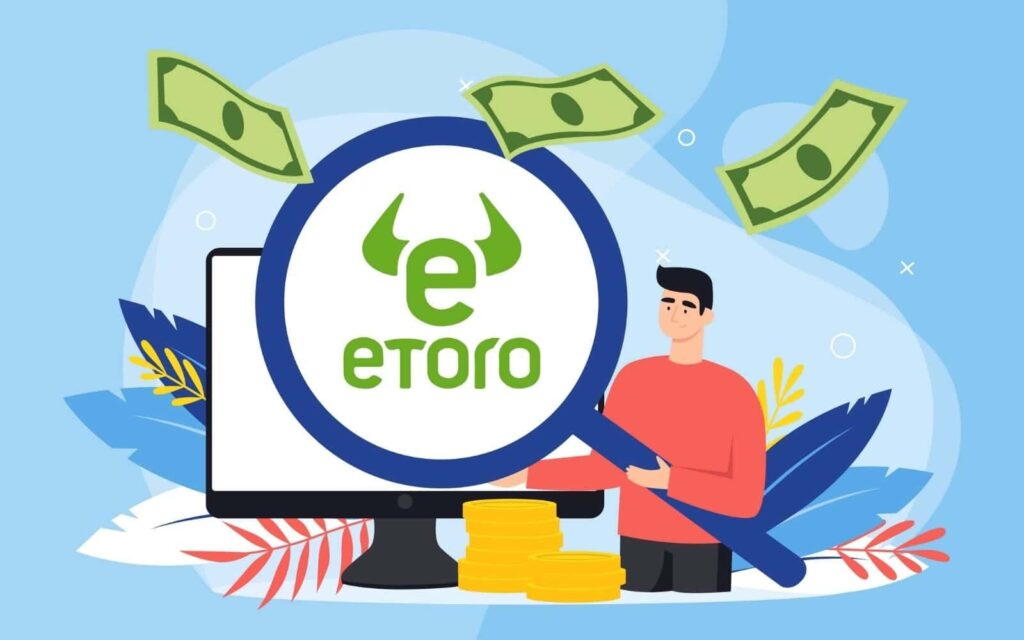Disclosure: This post may contain affiliate links. If you click on a link I may make a small commission at no extra cost to you. You can read the full disclosure here.
Last Updated on October 23, 2022 by Chris Panteli
How to Start a Short Term Rental Business
Love the idea of making money hosting guests on their travels but have no idea where to start?
The short-term rental market is booming, and more and more travelers are looking for local Airbnbs over hotels.
Now is the perfect time to take a slice of the pie. But how do you start a short-term rental business? And how do you figure out if a short-term rental would be profitable?
In this guide, we’ll share our vacation rental tips for owners and give you a blueprint for making money as a new host.
- How to Start a Short Term Rental Business
- What is a Vacation Rental Business?
- How Do I Start A Short-Term Rental Business?
- Places to list your properties
- How Much Can Vacation Rental Properties Make?
- What To Know Before Starting Vacation Rental Business
- How To Run A Vacation Rental
- Next Up: Medium-Term Rental Business
- How to Start a Short Term Rental Business
What is a Vacation Rental Business?

A vacation rental is a private property that is rented out short-term to travelers. They offer more facilities than a hotel, better privacy, and act like a home-away-from-home.
Running a vacation rental business involves maintaining, marketing, and renting out a property to travelers. You effectively become the manager of a mini hotel and are responsible for keeping your guests happy.
Many hosts own their own properties, while others take advantage of Airbnb arbitrage to make money using the vacation rental industry.
How Do I Start A Short-Term Rental Business?
There are three different ways of running a short-term vacation rental business.
Invest in your own property
You might already have the perfect property you want to turn into a vacation rental, or perhaps you want to rent out a room in your home for some extra cash.
On the other hand, you might be interested in investing in a new property and turning it into a vacation rental as a business opportunity. This will involve some serious research to ensure you find the right real estate in the best area.
Become a property manager for others
Owners often hire a property manager if they don’t live in the area or are too busy to handle the day-to-day operations of their vacation property.
Airbnb property management is a great option if you don’t have your own property but want to take advantage of the growing short-term rental business.
This requires far fewer start-up costs, but you will need to be well-versed in the operations of a vacation rental.
Sublet your apartment
If you rent an apartment or a home and it would be perfect as a vacation rental, you might be able to sublet it and run your own vacation rental business this way.
Make sure to check with your landlord and the local zoning office – subletting needs to be authorized to be a legal endeavor.
If you get the go-ahead for subletting on Airbnb, this can be a great way to make some extra money without the need to invest in your own property.
Places to list your properties
You should list your vacation property on several booking sites to get the most bookings. The most popular short-term rental sites are:
- Airbnb – 150 million users.
- VRBO – 44 million users.
- Booking.com – 700 million users.
If you decide to list your property on multiple sites, you’ll need to think about a vacation management system to ensure you don’t double book the same night on two different platforms.
How Much Can Vacation Rental Properties Make?
One question we always get from readers is, are vacation rentals profitable?
In 2021, the short-term rental market was worth $73.9 billion, and it’s expected to rise to 99.6 billion by 2028.
North America is the highest earning region on Airbnb, with hosts making an average of $41,000 a year in 2021.
It really doesn’t matter what kind of property you have, there is a market for it in the short-term rental business. The only limits on your profit margins are the size of the property and the area you’re in.
What To Know Before Starting Vacation Rental Business
Before you dive in and start remodeling your home to rent out, there are a few things to consider.
Are you in the right location?
Location is key in the short-term rental game. If you’re in an extremely popular destination, the market is going to be oversaturated, and your competition will be high.
On the other hand, you might be in an area with no demand for short-term rentals, and medium-term corporate housing might be a better market for business travelers.
When you’re just getting started, do some research on AirDNA to scope out the area and figure out what your competition is like.
Check the red tape
Not all cities allow short-term rentals. Major cities like New York and San Francisco have serious restrictions on short-term rentals, so you need to avoid the red tape.
Even if your city doesn’t have restrictions, you’ll still need to check the taxation regime, including local, state, federal, and government taxes, to keep your business above board.
After that, make sure you have all the necessary permits, licenses, insurance, and safety certificates to make your rental compliant and safe.
Avoid huge remodels
When you’re just starting a vacation rental business, it can be tempting to invest a lot of money into upgrades for your property. But the last thing you want is to sink a lot of money into renovations when you’re not profitable yet.
Plan out an affordable budget for renovations, remodeling, and amenities, and plan to improve your property as you begin to make money.
If you are investing in a new vacation rental property, don’t make the mistake of buying a fixer-upper that’s dirt cheap – it’ll turn into a money pit fast!
Take out an insurance plan
When you list on sites like Airbnb, you get short-term rental insurance included, usually up to $1 million in damages. However, making a claim can be difficult, and there are a lot of exclusions in the policies.
It’s best to take out an additional policy to have peace of mind should the worst happen. Shop around for a good policy and make sure you have landlord coverage.
How To Run A Vacation Rental

Here are our top tips for successfully running your new vacation rental.
Understand occupancy and booking forecasts
As an Airbnb property owner, it’s important to understand your occupancy and booking forecasts to understand your profit margins.
At the start, set up a best-case and worst-case booking forecast based on how many days of the year you think you’ll be renting to potential guests.
To get a 100% occupancy rate, you’d need to rent your property 365 days out of the year. This is almost impossible to achieve, and the average is actually 48%.
Ask some of the other Airbnbs in your neighborhood if you’re unsure, and use tools like AirDNA to get some estimates.
Understand your profit margins
When you’re starting out, your goal should be a 10% return on your investment. To figure out your profit margin, use this formula:
Profit margin = vacation rental income – (operating costs + mortgage loan repayments)
Try to build a reserve for unexpected expenses like maintenance, repairs, or amenities. It might take a while to see a steady profit, so keep a close eye on your margins from the start.
Be responsive to all inquiries
One of the things Airbnb looks for from hosts is responsiveness. As soon as your listing is live, you need to respond to potential guest inquiries within 24 hours (although within the first 10 minutes is best).
You can invest in tools that automate replies to your guests to help boost your responsiveness rates. This will help you get a better ranking with Airbnb (and other sites) and improve your guest experience.
Market wisely
It’s best to appeal to a wide audience as a new Airbnb host, but strategic marketing is still key. Here are some quick tips to improve your marketing strategy:
- Take fantastic pictures for your listing.
- Set up social media accounts for your property and share snapshots regularly.
- Figure out your primary demographic and appeal to them (young professionals, families, couples, etc.).
- Promote local attractions and amenities on social channels and your listings.
- Research keywords for your area and use them in your listings.
- Promote your local knowledge on social media to become an expert in your city.
- Start a website and post valuable tourist information to attract new visitors.
Network with other hosts
Hosts in your area aren’t just your competition – they can be a great source of information and a network to form new relationships. There are plenty of local Facebook and Twitter groups where hosts connect and share ideas.
You could even attend a Home Away Summit in the US to meet tons of other hosts in your city. Successful vacation rental owners know the value of networking and don’t work in a vacuum.
Continuously improve
Continually review your standards as a vacation rental owner and aim for improvement. When you get started, you’ll get a lot of feedback from guests, letting you know what you could do better. See this as a learning opportunity and a goldmine of information on how to upgrade.
Every month or so, tweak your marketing, listing pictures, and descriptions, and think about upgrading amenities.
Next Up: Medium-Term Rental Business
The short-term vacation rental market is booming, and more and more travelers are looking for Airbnbs over hotels.
Of course, not every area is suited for the vacation rental market. But that doesn’t mean you can’t make serious money from the Airbnb business model.
In many areas, medium-term rentals are in high demand, and this could be a lucrative business model for your rental property.
Check out our full guide on renting out your pad for medium-term stays to learn more.







